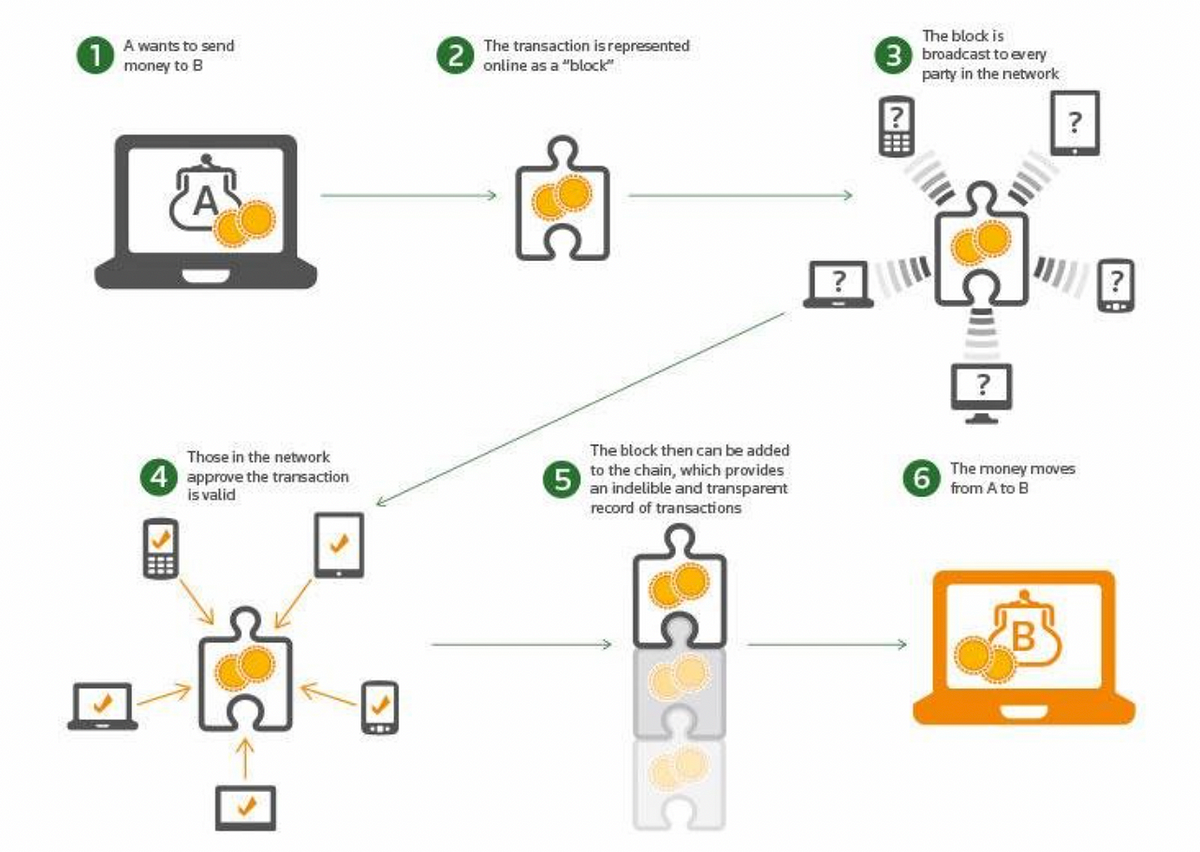The Fight Against Corruption How Blockchain Is Bringing Transparency To Developing Countries
In the pursuit of a more equitable and just world, one of the most significant challenges that developing countries face is the rampant spread of corruption. This pernicious plague undermines economic growth, stifles innovation, and perpetuates poverty. However, a beacon of hope has emerged in the fight against corruption, and it comes in the form of blockchain technology.

- Using Crypto For Charitable Giving: A Step-By-Step Guide
- Navigating The Wild West Of Crypto Trading: A Beginner’s Guide To Safe Trading With Stop Loss Orders
- Navigating Crypto Fees Like A Pro: Tips And Strategies For Savvy Traders
- Shielding Your Virtual Vault: Mastering The Art Of Crypto Security
- Unveiling The Power Of Zero Knowledge Proofs In Protecting Your Cryptographic Identity
In recent years, blockchain has gained widespread recognition for its potential to bring transparency and accountability to various sectors, from finance to healthcare. But its impact is perhaps most pronounced in the realm of public procurement, where corruption often runs deep. In developing countries, public procurement is often marred by lack of transparency, inadequate oversight, and outright manipulation. This creates an environment ripe for corruption, where unscrupulous individuals and companies can exploit the system for personal gain.
That’s where blockchain comes in – a decentralized, digital ledger that records transactions in a transparent and tamper-proof manner. By leveraging blockchain technology, governments can create a secure and transparent platform for public procurement, where all transactions are recorded and visible to all stakeholders. This not only helps to prevent corruption but also ensures that taxpayer money is being used efficiently and effectively.
One of the most compelling examples of blockchain’s impact on transparency in public procurement comes from the city of Zug, Switzerland. In 2018, Zug launched a blockchain-based platform to manage its public procurement process, allowing citizens to track the spending of public funds in real-time. The results were staggering – the city reported a 20% reduction in procurement costs, as well as a significant increase in transparency and accountability.
Similar success stories are emerging in developing countries, where blockchain is being used to tackle corruption head-on. In Ghana, for example, the government has launched a blockchain-based platform to manage its land registry, allowing citizens to verify land ownership and track transactions in real-time. This has helped to reduce the prevalence of land disputes and corruption, which were previously rampant in the country.
In Indonesia, blockchain is being used to tackle corruption in the country’s forestry sector. The government has launched a blockchain-based platform to track the origin and movement of timber, making it easier to detect and prevent deforestation. This not only helps to protect the environment but also ensures that the country’s forestry resources are being managed in a sustainable and responsible manner.
While blockchain is not a silver bullet in the fight against corruption, it has the potential to be a game-changer. By bringing transparency and accountability to public procurement and other sectors, blockchain can help to reduce the prevalence of corruption and ensure that taxpayer money is being used effectively.
However, for blockchain to truly make a difference, it needs to be implemented in conjunction with other anti-corruption measures. This includes strengthening institutions, improving regulatory frameworks, and promoting a culture of transparency and accountability. By combining these efforts with the power of blockchain, developing countries can create a more equitable and just society, where corruption is no longer a barrier to progress.
In conclusion, the fight against corruption is complex and multifaceted, requiring a range of strategies and approaches. But with blockchain technology, there is hope on the horizon. By leveraging the power of blockchain, governments and civil society organizations can bring transparency and accountability to public procurement and other sectors, reducing the prevalence of corruption and ensuring that taxpayer money is being used effectively. The time to act is now – let’s harness the power of blockchain to create a more just and equitable world for all.
